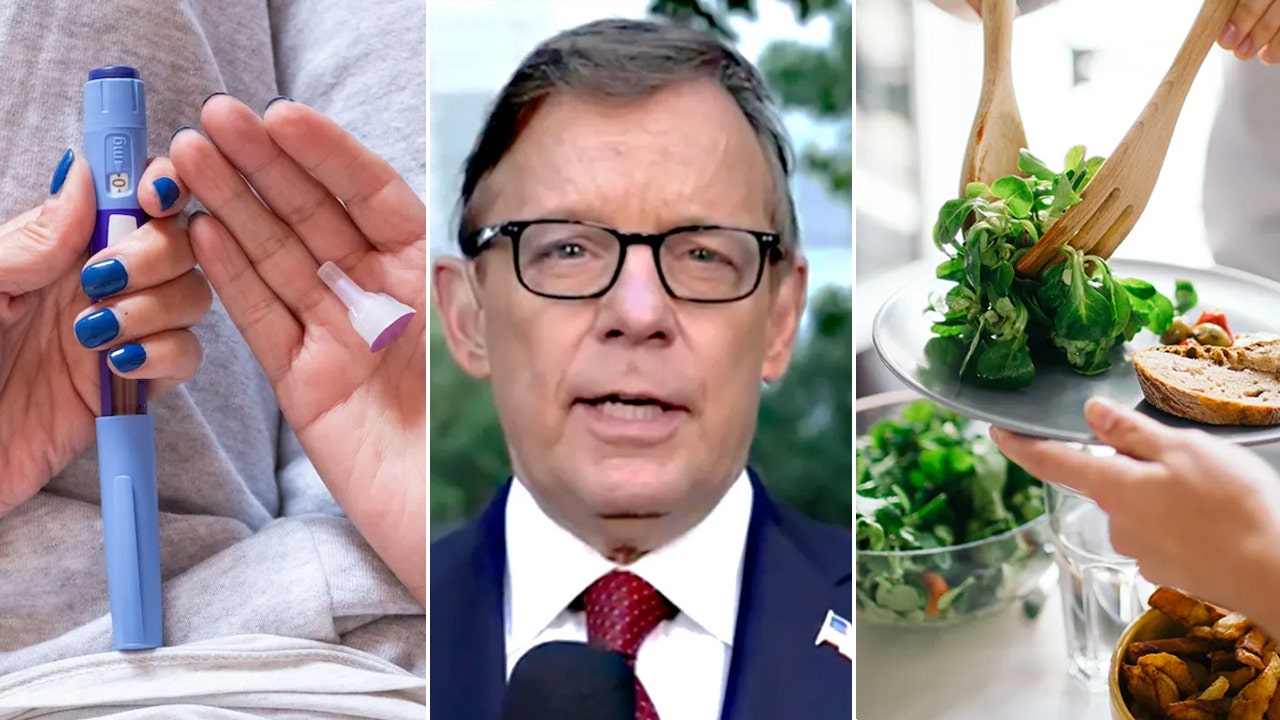Is Ozempic the Solution for Everyone After a News Anchor's Cancer Diagnosis?

Published: 2025-09-12 17:23:37 | Category: policy GNEWS Search
Microdosing, a practice that involves taking sub-threshold doses of psychedelic substances, has gained traction recently as a potential means to enhance mental well-being, creativity, and productivity. While historically associated with counterculture movements, modern research is beginning to shed light on its possible benefits and risks.
Last updated: 26 October 2023 (BST)
Understanding Microdosing: What It Is and How It Works
Microdosing typically entails taking about one-tenth to one-twentieth of a recreational dose of a psychedelic substance, such as psilocybin (found in magic mushrooms) or LSD. This approach is designed to produce subtle effects without the intense experiences associated with full doses. Proponents claim that microdosing can improve mood, focus, and cognitive flexibility.
Key Takeaways on Microdosing
- Microdoses are typically 1/10th to 1/20th of a recreational dose.
- Common substances include psilocybin and LSD.
- Reported benefits range from enhanced creativity to anxiety reduction.
- Research on long-term effects is still in its infancy.
- Microdosing remains illegal in many jurisdictions.
The Science Behind Microdosing
Research into microdosing is still emerging, but some studies suggest potential benefits. For instance, a study published in 2022 in the journal Psychopharmacology indicated that participants who microdosed reported increased emotional regulation and creativity.
However, it is important to note that many of these studies rely on self-reported data, which can be subjective. The placebo effect may play a significant role, making it hard to differentiate genuine benefits from psychological expectations.
Potential Benefits of Microdosing
Advocates of microdosing report several benefits, including:
- Improved Mood: Users often claim enhanced emotional well-being and reduced symptoms of anxiety and depression.
- Increased Focus: Many individuals report better concentration and productivity during tasks.
- Enhanced Creativity: Microdosing may foster innovative thinking and problem-solving skills.
- Stress Reduction: Some find that microdosing helps them manage stress more effectively.
Risks and Considerations
Despite the purported benefits, microdosing is not without risks. The legal status of psychedelics varies widely, with many substances still classified as illegal in the UK and elsewhere. This poses legal risks for individuals considering microdosing.
Additionally, the long-term effects of microdosing remain largely unknown. Some potential risks include:
- Psychological Effects: Unpredictable responses can occur, especially in individuals with a history of mental health issues.
- Physical Side Effects: Some users report headaches, nausea, or other physical discomforts.
- Dependency Risks: While not common, there is potential for psychological dependence on the behaviours associated with microdosing.
Legal and Ethical Considerations
The legal landscape surrounding psychedelics is evolving. In the UK, substances like psilocybin and LSD are classified as Class A drugs, making possession and distribution illegal. However, there is a growing movement advocating for the decriminalisation and medical use of psychedelics, particularly in therapeutic settings.
Ethical considerations also arise regarding the accessibility of these substances for therapeutic use. As research progresses, discussions around responsible use and regulation will become increasingly important.
The Future of Microdosing Research
Although anecdotal evidence is abundant, rigorous scientific research into microdosing is still in its early stages. Ongoing studies aim to clarify its efficacy and safety, as researchers seek to understand the mechanisms at play. As public interest grows, it is likely that more clinical trials will emerge, potentially leading to a clearer understanding of microdosing's place in mental health treatment.
Practical Guidance for Those Considering Microdosing
For those intrigued by the idea of microdosing, here are some practical steps to consider:
- Research Thoroughly: Understand the substances, their effects, and the legal implications in your area.
- Consult a Professional: Speak with a healthcare provider, particularly if you have pre-existing mental health conditions.
- Start Small: If you choose to proceed, begin with a very low dose to gauge your body’s response.
- Keep a Journal: Document your experiences, moods, and any side effects to better assess the impact.
- Evaluate Regularly: Periodically review your microdosing experience and decide if it is beneficial or if adjustments are needed.
Conclusion
Microdosing represents a fascinating intersection of psychology, neuroscience, and personal development. While initial anecdotal reports are promising, more rigorous scientific investigation is essential to substantiate claims and understand the long-term implications fully. As the conversation around psychedelics continues to evolve, it will be crucial to navigate both the opportunities and challenges they present thoughtfully.
As the landscape of mental health treatment develops, will microdosing become a mainstream practice, or should it remain a niche exploration? The answer might depend on future research and societal acceptance. #Microdosing #MentalHealth #Psychedelics
FAQs
What is microdosing?
Microdosing involves taking very small doses of psychedelic substances, typically about one-tenth to one-twentieth of a recreational dose, to experience subtle effects without full-blown hallucinations.
Is microdosing legal in the UK?
Currently, microdosing is illegal in the UK as substances like psilocybin and LSD are classified as Class A drugs, making possession and distribution punishable by law.
What are the potential benefits of microdosing?
Reported benefits of microdosing include improved mood, increased focus, enhanced creativity, and better stress management, though scientific evidence is still limited.
Are there risks associated with microdosing?
Yes, potential risks include psychological effects, physical side effects like headaches, and the possibility of developing a psychological dependence on the practice.
How can I start microdosing safely?
If considering microdosing, thoroughly research the substances, consult a healthcare professional, start with a low dose, and document your experiences to evaluate its effects.



